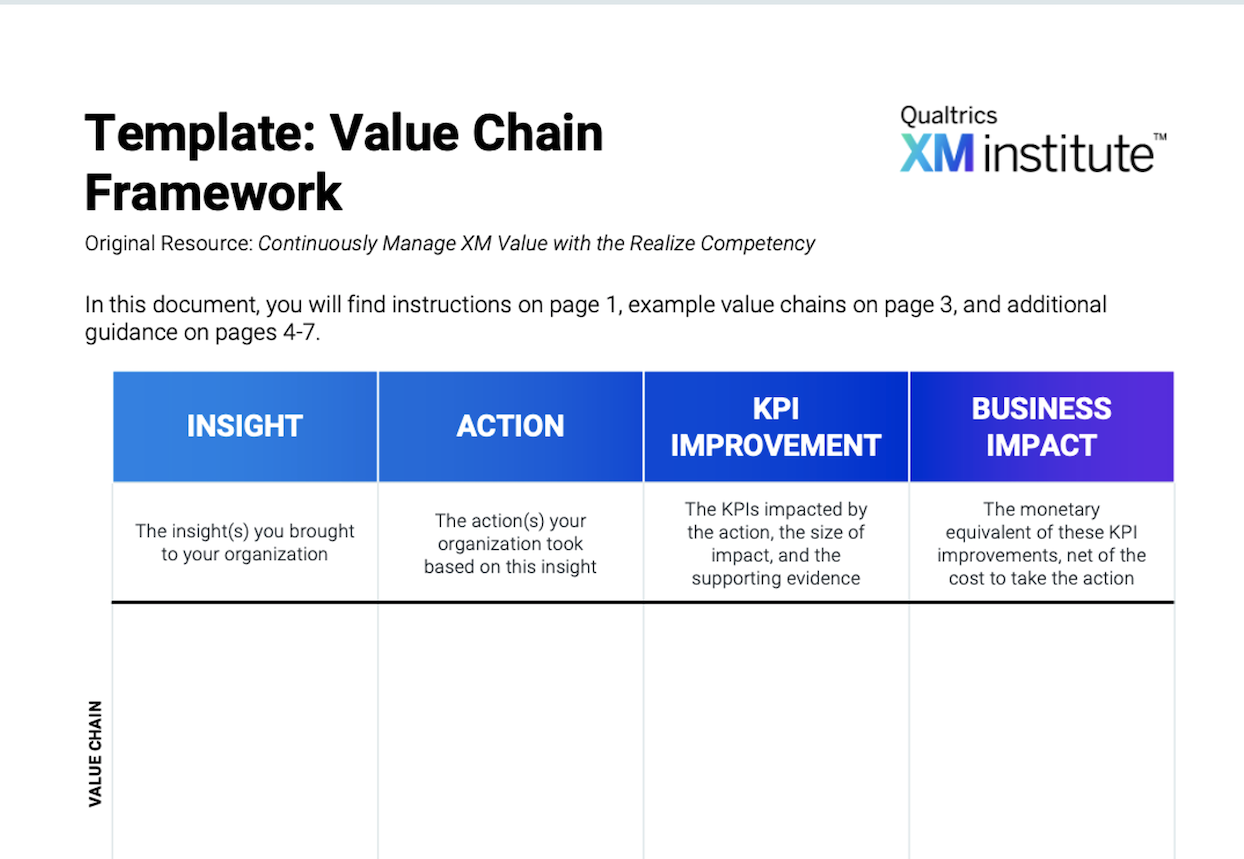It’s great to see so many people starting to see the potential of Experience Management (XM). As I’ve discussed, XM is the natural evolution in enterprise transformation. XM will improve just about any organization with the infusion of intelligence and humanity.
The Discipline of XM
XM is more than just a technology. It’s a discipline that needs to be woven across an organization’s operating fabric. When an organization fully adopts XM, it will not only be fully aware of the human beings that it touches, but it will proactively cater to their needs by continuously learning, propagating insights, and rapidly adapting.
Two Dimensions of XM Expansion
That’s the endpoint, but how do organizations get there? By expanding their efforts along two dimensions:
- Maturity of competencies. For an organization to adopt XM, it needs to build a set of capabilities that we’ve defined as the XM Operating Framework. This means mastering the Six XM Competencies (Lead, Realize, Activate, Enlighten, Respond, and Disrupt) and evolving through five stages of maturity (Investigate, Initiate, Mobilize, Scale, and Embed).
- Diffusion of use cases. Once an organization starts building its XM competencies, it will want to expand the use of those capabilities to other areas through diffusion stages (Isolated, Expanded, Adjacent, and Extended). For instance, a company may start with a customer relationship NPS program and expand into transactional in-product feedback effort or employee engagement.
The Rise of XM Professionals
Over the next decade, I expect to see organizations building XM competencies while expanding the places where they apply those capabilities. There will be a constant flow of learning in one area and then applying that knowledge to other areas.
You can already see that starting with customer experience (CX), which I consider to be the initial use case of XM. Skills that have been built up in CX such as shifting from annual surveys to ongoing insights and uncovering opportunities to improve with journey mapping, are now also being applied to employee experience (EX).
That’s why it’s a great time to be an XM professional. The capabilities you develop in whatever experience area you start (CX, EX, PX, or BX), will be valuable across just about every component of every organization. It’s a set of skills that will become increasingly important and will, therefore, be increasingly in demand.
The bottom line: The world needs more XM and more XM professionals.





